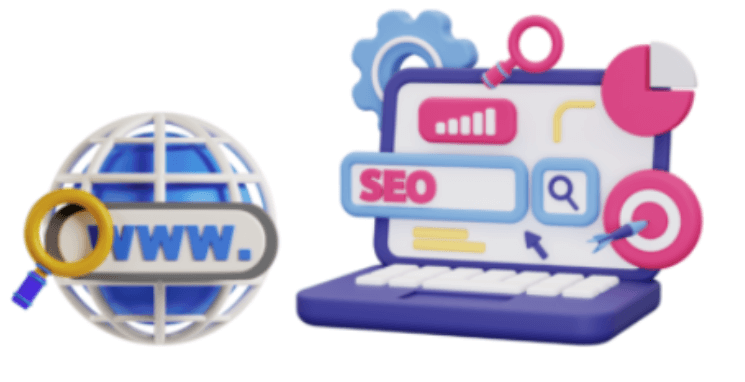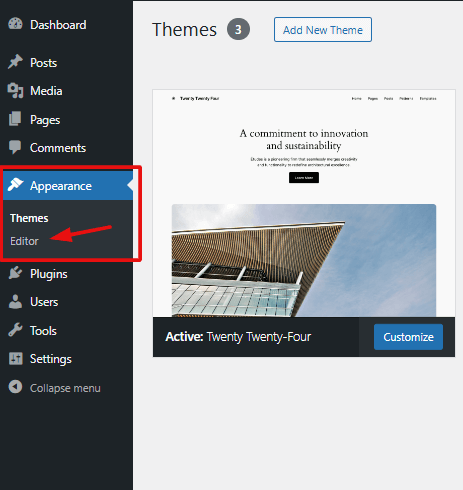In the IT world, the speed of product development and implementation is important. A day late you can lose your main advantage — market primacy, which follows the loss of money, niche, and prospects. Well, meet the solution — it is white labels. The peculiarity of such platforms is that companies can use them to reduce development time by up to 70%. If you need to launch CRM & CMS systems and advertising platforms, mobile applications and web services or analytics tools, apply this figure to your project. As a bonus, you can quickly adapt to market changes to meet growing user needs. Using the expertise of Attekmi, a company that focuses on creating advertising platforms and solutions for media trading, we will talk below about how to quickly bring IT products to market and at the same time significantly reduce costs.

White label solutions allow IT companies to implement a wider range of products without having to start from scratch. For example, it used to take 6 months to 2 years to launch a CRM or CMS system from scratch (design, development, testing, implementation, and support). And that with questionable results that allowed for coding risks, an inferior end product, and losing the competitive race. What’s more: After launch, traditional IT companies often need to expand their product line with new features, modules, and even entire platforms — all of which require new, costly, and time-consuming development. With white label solutions, all of this can be achieved with far fewer resources.
Products and Their Extensions for It Companies Using White Label Solutions:
Contents
-
CRM systems
- Extensions: Integration with social networks, marketing automation, and sales analytics.
-
CMS systems
- Extensions: Multilingual support, integration with e-commerce platforms, SEO optimization.
-
Advertising platforms
- Extensions: Advertising campaign management, performance analytics, fraud protection.
-
Mobile applications
- Extensions: Support for various operating systems, integration with cloud services, and usage analytics.
-
Web services
- Extensions: API integration, support for various payment systems, scalability.
-
Analytics tools
- Extensions: Data visualization, integration with BI systems, predictive analytics.
Getting any of the above products to market for a white label IT company can take anywhere from a few weeks to a few months. The difference in the time required depends on the complexity of the product and the customization requirements. This time advantage comes at the expense of existing white label solution platforms and technologies. However, with this white label approach, even standard solutions can be customized to meet your company’s specific needs, adding new features and integrations as your IT product grows. For example, Attekmi uses white-label solutions to develop advertising platforms that allow customers to increase their product offerings by 30% in the first year. The efficiency of white label solutions presents the potential for rapid product line expansion, leading to business growth and increased revenue. Elementor offers a comprehensive guide to white labeling.
Faster Time to Market

It is instructive to talk about white label solutions in terms of benefits. One of the most important is, of course, time. As mentioned above, the key to success in today’s IT business is speed, and white label solutions are the fastest way to expand your product offering. Another effect of time is that companies that are faster to market tend to capture a larger share of the market. According to Attekmi’s testimonials, a white label solutions campaign allows companies to remain competitive by launching faster without sacrificing quality.
White Label Benefits for Companies:
- Faster time to market.
- Reduce costs.
- Focus on core competencies.
- Scalability.
- Risk reduction.
These benefits make white label solutions attractive to many companies, helping them to remain competitive and successful in the marketplace. A common objection is that off-the-shelf solutions aren’t as robust as customized solutions. This is not the case. The microservice architecture of white label solutions provides modular system resilience. With this design, if one component fails, the others operate autonomously, minimizing downtime and reducing the risk of a complete system shutdown.
Built-in mechanisms for data replication and load balancing, as well as automated testing and CI/CD, are all designed to ensure a high level of stability and security of the IT product created using white-label solutions. Custom solutions do not always implement such processes with the same rigor as white-label products, which makes the latter more reliable in terms of preventing errors and vulnerabilities.
How Do You Get an IT Product on Advertising Platforms Quickly?
White label solutions offer effective tools wrapped in a complete ecosystem. But like any story, this one starts with choosing a partner. The selection criteria are the company’s reputation and experience in the given industry. The candidate’s technical capabilities should cover all the necessary features, such as integration with DSPs and SSPs, analytics, targeting, and optimization. Finally, decide on a vendor that offers regular updates and technical support — a must for keeping your product relevant and secure.
The second step is to customize and adapt the platform. In terms of branding, you can customize the interface and functionality of the platform to match your company’s style, right down to the logo, color schemes, and user interfaces. Another important stage is the integration of the new platform with your current systems — CRM, analytics, business management system. At this stage, all work done with the new platform is tested to make sure it is stable and effective.
An Example of Launching an Advertising Platform Using White Label Solutions:
- Vendor Selection:
- Customization and adaptation:
- Branding.
- Integration.
- Testing.
- Launch and marketing:
- Pilot launch.
- Marketing campaign.
- Feedback and improvements.
- Support and scaling:
- Technical support.
- Updates and improvements.
- Scaling.
The final stage is the launch and marketing of the platform. The stages are pilot launch to gather initial feedback and make corrections in the first iterations; marketing campaign to develop a strategy to promote the new product through channels that have proven effective in the first iterations. Once you have gathered the feedback, make corrections based on it. By following these steps, you will be able to launch a white label advertising platform quickly and efficiently.
Bottom Line
White label solutions offer IT companies a revolutionary way to bring products to market quickly and save money. With out-of-the-box platforms, you can focus on innovation instead of development to bring world-class products to market faster than ever before. Whether you’re launching a CRM, CMS, or advertising platform, white label solutions allow you to stay ahead of the competition by meeting user needs while maintaining your core business. With trusted White label partners like Attekmi, seamless integration, and ongoing support, you’re not just launching products — you’re creating a future where growth is limitless and success is inevitable.
Answers to potential objections:
- Quality of off-the-shelf solutions: White label solutions are thoroughly tested and meet high standards.
- Uniqueness of offerings: Standard solutions can be customized to meet the unique needs of your business.
- Flexibility: White label solutions offer a high degree of customization and integration.





